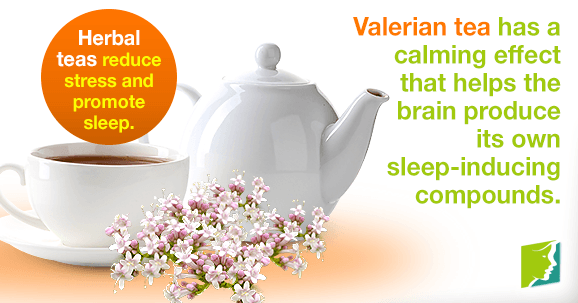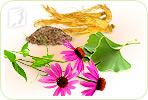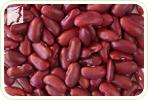Fatigue is characterized as a chronic sense of exhaustion, often rendering the sufferer unable to get on with everyday life. In some people, it does not disappear even after periods of sleep or rest. Women seem to be affected more than men, probably because fatigue is often caused by hormonal imbalances. There are many lifestyle habits that are known to improve the symptoms of fatigue, with herbal teas often being touted as an ideal solution. Read on to discover more about herbal teas and how they are connected with fatigue.
Symptoms of Fatigue
There are numerous symptoms of fatigue, so herbal teas should be selected based on the particular symptoms an individual is experiencing. A few of the most common symptoms are:
- Muscle pain
- Headaches
- Poor concentration
- “Brain fog” - trouble organizing thoughts
- Insomnia
- Depression
- Sensitivity to light
- Stomach pain
- Poor short-term memory
- Depression
What Is an Herbal Tea?
The word “tea” is perhaps slightly misleading, as herbal teas are not actually made from tea, which is a specific plant (Camellia sinensis). In fact, herbal teas are an infusion of a certain part of a plant, usually after it has been dried. Infusions can be made from leaves, seeds, roots, flowers, or bark, and is an excellent way of consuming the main benefits of a plant quickly and easily.
What Are the Benefits of Herbal Teas?
Scientific studies have shown many herbal teas to aid sleep and reduce stress. Of course, there are some that are better than others, but in general, an herbal tea is always going to be better for fatigue than a caffeinated tea or coffee, prompting many to make the switch.
Part of the benefit of an herbal tea is the hydrating element. Dehydration has been shown to increase fatigue and reduce concentration, and the fluid from the tea prevents this. Of course, fluid also comes with caffeinated teas too, but caffeine has been shown to be dehydrating, so could counteract the effects and even leave the person more dehydrated.
Teas to Help Fatigue
There are a variety of herbal teas that have been shown to help relieve the symptoms of fatigue and also deal with the conditions that cause it in the first place. Read on to discover a couple of these.
Valerian tea
Valerian is an herb that has been extensively researched and is known to aid sleep naturally. The relaxant properties can be attributed to the substances valerenic acid and valeranon. This herbal tea has a calming effect helps the brain produce its own sleep-inducing compounds.
Nettle tea
Iron deficiency anemia is a leading cause of fatigue, as iron is partly responsible for production of red blood cells (hemoglobin), and when there is not enough iron in the body, there are insufficient amounts of hemoglobin to transport oxygen to all the major organs. Nettle tea should help solve this problem because it has a very high iron content, and also contains other vitamins which aid iron absorption in the body.
Herbal teas might not always be the whole solution, but carefully selecting ones that have properties known to relieve certain symptoms or causes of fatigue is an easy and quite effortless way to reduce the problem of fatigue and therefore avoid the negative effects. Read complete approaches for treating fatigue.
Sources
- Herbazest. (n.d.). 5 Herbs to Help You Recover from Anemia. Retrieved October 1, 2014, from http://www.herbazest.com/wellness_articles/5_herbs_to_help_you_recover_from_anemia
- Herbazest. (n.d.). Top 6 Herbal Combinations to Promote Good Sleep. Retrieved October 1, 2014, from http://www.herbazest.com/wellness_articles/top_6_herbal_combinations_to_promote_good_sleep
- Gyllenhaal, C. et al. (2000). Efficacy and safety of herbal stimulants and sedatives in sleep disorders. Sleep medicine review, 4(3), 229-251. Retrieved from http://www.ncbi.nlm.nih.gov/pubmed/?term=valerian+tea+fatigue




